Anton Reicha: Complete String Quartets, Volume One
The Czech-born composer Anton Reicha (1770–1836) was an exact contemporary of Beethoven – and his close friend from their mid-teens. The music of each man shows an awareness of what the other was doing: they showed each other their compositions-in-progress. But although Reicha was closely associated with one of the best-known names in western culture, his own music has been grievously neglected: only his woodwind quintets have achieved any currency. Of his vast cycle of almost forty string quartets just one has been recorded before – an omission this ambitious project intends to put right, thereby revealing one of the most inventive and engaging spirits in classical music.
Kreutzer Quartet
Listen To This Recording:
-
String Quartet in C major, Op. 48, No. 1
- I Allegro non troppo
- II Adagio
- III Menuetto: Allegro
- IV Finale: Presto
- I Allegro
- II Adagio un poco Andante
- III Menuetto: Allegro
- IV Finale: Allegretto
String Quartet in G major, Op. 48, No. 2
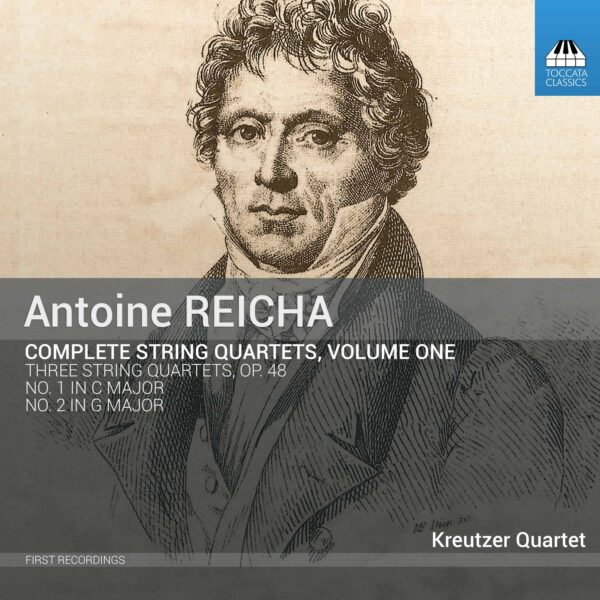
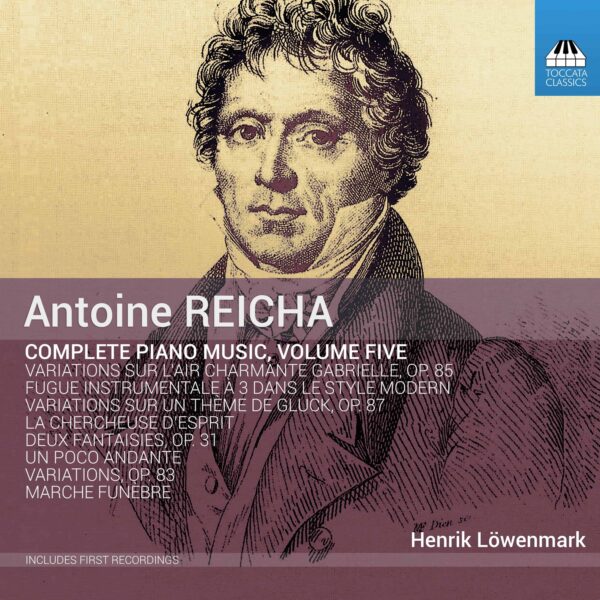
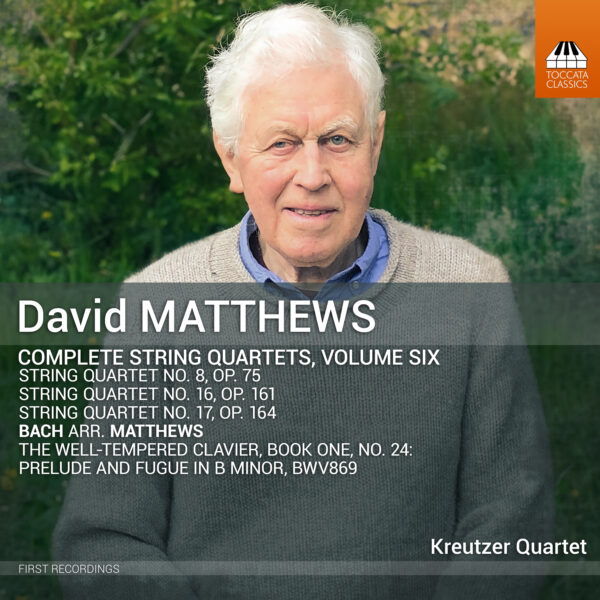
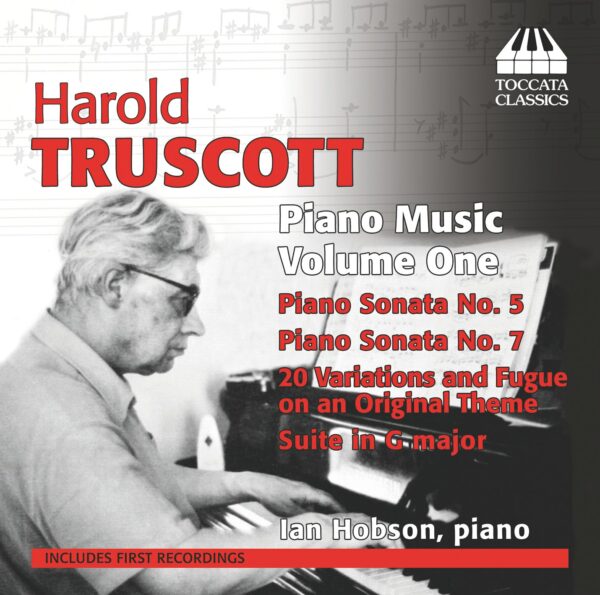
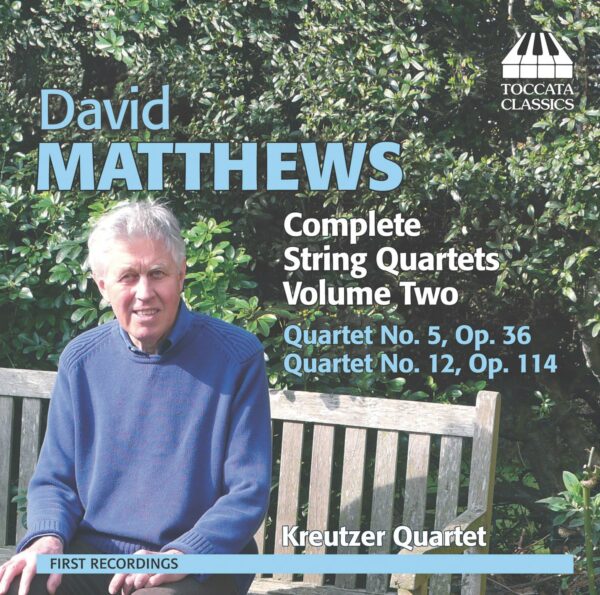
Scott Morrison :
‘from reviewing thousands of CDs over the past fifteen years, I’ve learned that there are many masterpieces that simply never get heard. It is to the credit of the Kreutzer Quartet and Toccata Classics that we are beginning to hear Reicha’s quartets. The two quartets on this disc are astounding in their daring… These performances of these undoubted masterpieces have made my week so much richer and fuller than they otherwise might have been.’
—Scott Morrison, http://www.amazon.com/Reicha-Complete-String-Quartets-Vol/dp/B00CLFYWCO/
MusicWeb International :
‘…As for the recording project, who better to entrust with this massive cycle than the Kreutzer Quartet, one of the UK’s finest? …Overall this is a decent start – with some room for improvement – to a cycle of quartets that may well be one of the most historically important recorded for many years.’
—Byzantion, MusicWeb International
American Record Guide :
‘…A contemporary and friend of Beethoven, Reicha was a composer of considerable ingenuity and creativity. He was fond of exploring distant key relationships, devising new approaches to form, and painting new textures… I am also taken by how, like Beethoven, Reicha gets seemingly unlimited mileage out of fragments of a melody. But he was not merely imitating Beethoven; in fact, the notes inform us that Beethoven was often inspired by Reicha’s ideas.’
—Greg Pagel, American Record Guide
The Dvořák Society Newsletter :
‘What a “find”! […] three cheers for the Kreutzer Quartet for researching and playing them and to Martin Anderson for recording them and issuing them on his adventurous Toccata Classics label. […]
Immediately after listening to these two quartets one is struck by the quality of the quartet writing and the sheer compositional skill and creative achievement, leaving a sense of wondering why these works have not been taken up by international quartets as valuable additions to their repertoires […] The booklet notes by Ron Drummond and Peter Sheppard Skaerved provide a useful background to Rejcha and his quartet writing[…]
If the quality of the music and the performances live up to the standard set by Vol. 1, we should be in for a treat and I expect a few surprises.’
—Graham Melville-Mason, The Dvořák Society Newsletter
Erika Kartschoke :
We were happy to find these fine recordings of Reicha’s string quartetts and waiting for more for some time now, as the Kreutzer Quartett had announced to give us the whole of Reicha’s fourty strig quartetts. Is there any hope for the ambitious project to go on?
Strad :
‘When considering the works of Anton Reicha (1770–1836), one finds that comparisons with Beethoven are inevitable. These quartets come out of this rather well: they are experimental in conception, idiosyncratic in texture and ardent in intention – a window upon Viennese Classicism’s many faces. The opening sonata–allegros are especially effective, and the urgency of the high-tessitura writing in op.48 no.2 is haunting. […]
With enthusiastic and thoughtful booklet notes, including perceptive comments by the Kreutzer Quartet’s first violinist Peter Sheppard Skærved, this disc is an excellent advocate. The Kreutzer players perform intelligently.’
—David Milsom, Strad
International Record Review :
‘This is startling and arresting music, and so much more when played with the gravitus and passion afforded to it by the Kreutzer Quartet. Highly recommended’
—International Record Review
Fanfare :
‘If his chamber music is anything to go by, Reicha must have been a florid, even incessant conversationalist. The music is in constant motion, even across long spans, vivid, dramatic, and often theatrical. The later quartet, programmed first, offers more evidence of his inventive, often non-linear writing. There is a cussed quality to much of this quartet, insistent and even raw, that makes it sonically especially appealing. […]
Reichaʼs quartets confound expectation. Their nervous, sometimes brittle quality emphasizes the non-conformist element, whilst homage situates them in the direct lineage of (though very different from) Haydn and Mozart and as a second cousin of Beethoven. They are of considerable historical and musical value and have been admirably served here.’
—Jonathan Woolf, Fanfare